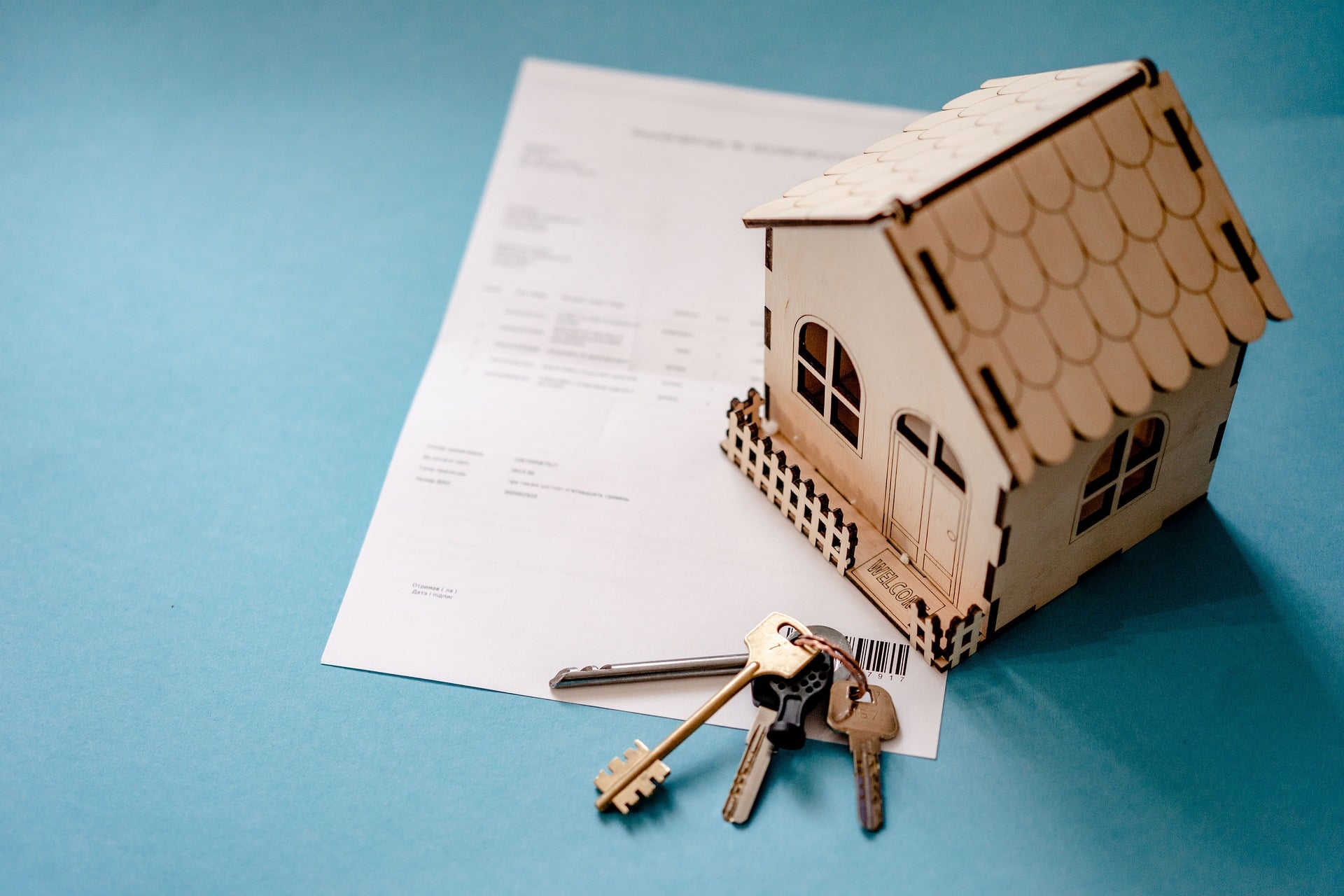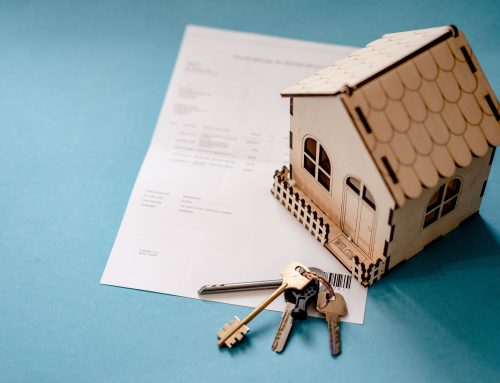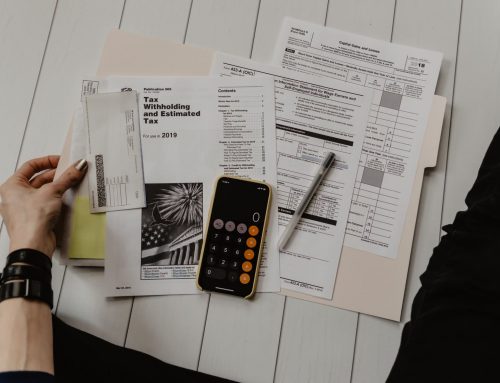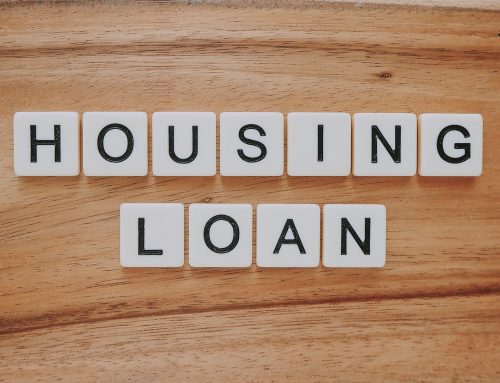Are you considering a reverse mortgage and weighing up the advantages and disadvantages? A reverse mortgage is a loan that enables seniors to access the equity in their homes without having to make monthly payments. It can provide additional income and enable you to stay in your home as you age, but there are advantages and disadvantages to consider when taking out a reverse mortgage. In this article, we will explore the pros and cons of this type of loan to help you decide if it’s the right option for you. But first, let’s start with the main details.
What is a Reverse Mortgage?
A reverse mortgage is a financial product designed to help retirees access home equity. It allows homeowners aged 62 and older to convert part of the equity in their home into cash without having to sell the property or make regular monthly payments. The money received can be used for any purpose, such as supplementing Social Security income, paying off existing debts, or covering medical and home repair expenses.
Reverse Mortgage is best suited for retirees with substantial home equity and who need additional income. However, you need to conduct a real estate search to ensure you are making the right choices. Although there are some advantages to this type of loan, it is important to consider the disadvantages before deciding if a reverse mortgage is right for you.
How Does a Reverse Mortgage Work?
A reverse mortgage is a loan that enables seniors to access the equity in their homes without having to make monthly payments. Instead, the lender pays the borrower a lump sum or monthly payments and places a lien on the property. The loan doesn’t need to be paid back until the home is sold, vacated, or passes away.
To start with, you’ll need to be at least 62 years old and have substantial equity in your home. You must also meet other requirements set by the lender, such as credit score, income level, and property value. If you meet these requirements, you can find a trusted local Realtor to help you apply for a reverse mortgage. They will evaluate the value of your home, and based on this, they will be able to calculate how much money you can receive. Once your application goes through, the lender will pay you in one lump sum, or they may offer to provide regular payments over time.
Advantages of a Reverse Mortgage
There are various advantages associated with taking out a reverse mortgage: These include the following:
Helps Secure Your Retirement
The main advantage of a reverse mortgage is that it helps you secure your retirement. The cash received can be used to supplement Social Security income and pay for medical bills or other living expenses. For instance, the money from a reverse mortgage could be used to cover out-of-pocket medical costs, make home improvements, or pay for medication and other necessities.
However, it is essential to note that a reverse mortgage will not replace your retirement savings. It should only be used to supplement income, and it is important to plan ahead and make sure you have enough money saved for retirement. Look for places with organic growth to enjoy these benefits.
Maintain Ownership of Home
Another advantage of a reverse mortgage is that it allows retirees to stay in their homes without making monthly payments. This means that you can enjoy the comfort of staying in your current home without worrying about making payments each month.
This is important for many seniors who want to age in place and not worry about making payments. Plus, you can still receive the tax benefits associated with home ownership without worrying about monthly payments.
No Tax Liability
One of the most attractive benefits of a reverse mortgage is that there is no tax liability. This means you don’t have to worry about paying taxes on the money received from the loan. This can be an especially beneficial feature for retirees who are already living on a fixed income and trying to stretch their budget as much as possible.
However, it is important to note that any interest paid on a loan will still be subject to taxes. For instance, capital gains will be taxable if you use the money from a reverse mortgage to invest in stocks, bonds, or other investments. Therefore, it is important to speak with a tax specialist before using the money from a reverse mortgage for investing purposes.
You Can Pay Off Your Existing Home Loan
Another advantage of a reverse mortgage is that it can help you pay off your existing home loan. This means you can eliminate the burden of making monthly payments and still stay in your home without worrying about money troubles.
Moreover, depending on the loan size, you may also be left with extra cash to cover other expenses. This can be incredibly beneficial for seniors who want to maintain their quality of life without worrying about money problems. As you retire, you will enjoy the peace of mind that comes with knowing that your home is paid off and you don’t have to worry about making monthly payments.
No Monthly Payments
One of the main advantages of a reverse mortgage is that it does not require any monthly payments. This can be incredibly beneficial for seniors who want to stay in their homes without worrying about making payments each month.
Plus, you don’t have to worry about being late on payments or facing foreclosure if you can no longer afford to make them. This can be a major benefit for seniors on a fixed income who want to stay in their homes without worrying about money issues.
Protected if the Housing Market Declines
Another benefit of a reverse mortgage is that it protects against housing market declines. With this type of loan, you don’t have to worry about your home losing value if the housing market declines.
Therefore, you can enjoy the peace of mind that comes with knowing that your home’s value is protected, and you won’t have to worry about selling it if the market takes a downturn. Moreover, you can continue enjoying home ownership’s benefits without worrying about money troubles.
Choose from Several Options for Disbursement
Finally, with a reverse mortgage, you can choose from several options for disbursement. This means you can choose the best suits your needs and goals. For instance, you can choose a lump sum payment, monthly payments, or even set up a line of credit.
Therefore, you can enjoy the flexibility of getting the money you need when you need it without worrying about making monthly payments or having to wait for disbursement. This can be incredibly beneficial for seniors who want to stay in their homes without worrying about money troubles.
Disadvantages of a Reverse Mortgage
While there are so many advantages to a reverse mortgage, there are also some disadvantages that must be taken into consideration. Below are some potential drawbacks that you should think about before taking on this type of loan:
You Must Pay for It
Like any other loan, a reverse mortgage must be paid back. This means that you will need to repay the loan when you no longer live in your home or pass away. Furthermore, even though no monthly payments are required on a reverse mortgage, the interest will continue to accrue. This can cause your debt to increase over time as it accumulates more and more interest.
It May Impact Your Eligibility for Government Benefits
Another potential drawback of a reverse mortgage is that it may impact your eligibility for government benefits such as Social Security or Medicaid. Therefore, it’s important to speak with a financial advisor before taking out a reverse mortgage to understand the full implications and ensure you won’t be negatively impacted.
The House Is Not an Inheritance
It’s important to remember that with a reverse mortgage, the house is not an inheritance. This means that when you pass away or move out of your home, it must be sold in order to repay the loan. Therefore, if you have family members who were counting on the house as an inheritance, they may be disappointed.
You Can’t Deduct the Interest From Taxes
It’s important to note that you cannot deduct the interest from taxes on a reverse mortgage. This means that you won’t be able to take advantage of this tax benefit when filing your taxes each year. However, you have the option to pay the interest in full or set up a repayment plan with your lender.
Your home Can Be Foreclosed On
Finally, it’s important to remember that your home can still be foreclosed on with a reverse mortgage. This means that if you don’t meet the terms of the loan, such as continuing to maintain your home and paying property taxes, then you risk losing your home. Therefore, it’s essential to understand the terms of the loan and ensure you meet all of your obligations to avoid foreclosure.
Tips to Consider When Deciding on a Reverse Mortgage
There are various tips to consider when deciding on a reverse mortgage. Here are some things to keep in mind when making your decision:
- Speak with a financial advisor: It’s important to speak with a financial advisor before taking out a reverse mortgage. They can help you understand your options and the implications of the loan and ensure that it is the best choice for your situation.
- Understand the terms: Make sure to understand all of the terms of the loan before signing anything. This includes the interest rate, repayment terms, and any other fees associated with the loan.
- Consider your family’s needs: If you plan on leaving your home to your family, then a reverse mortgage may not be the best choice for you. This is because when you pass away or move out of the house, it must be sold in order to repay the loan.
- Think about your future: make sure to consider your long-term plans before taking out a reverse mortgage. This is because you will need to repay the loan when you no longer live in your home or pass away.
- Meet all obligations: It’s essential to ensure that you meet all of your obligations on loan, such as maintaining the home and paying property taxes. This will help to ensure that your home isn’t foreclosed on.
- Know your eligibility for government benefits: It’s also important to understand how a reverse mortgage can impact your eligibility for government benefits such as Social Security or Medicaid.
How to Get a Reverse Mortgage
If you decide that a reverse mortgage is the right choice for your situation, there are several steps to take when applying. Here’s what you need to do:
- Gather documents: You will need to gather documents such as tax returns, pay stubs, and bank statements in order to prove your income and assets.
- Speak with lenders: It’s important to speak with multiple lenders in order to compare rates and terms. You can discuss this with your finance broker. This will help you find the best loan for your individual situation.
- Apply: Once you’ve found a suitable lender, you can submit your application and wait for approval.
- Finalize the loan: Once approved, the lender will finalize the loan and provide you with the funds.
Is Reverse Mortgage for Everyone?
Although reverse mortgages can benefit some people, they are not the right solution for everyone. Before you take out a reverse mortgage, it is important to consider all the advantages and disadvantages of this type of loan to make an informed decision.
These loans are best suited for retirees with substantial home equity who are in need of additional income. It is important to remember that reverse mortgages come with fees, interest rates, and other costs, so it is important to compare different lenders and read the fine print before taking out a loan. Additionally, borrowers should be aware that they do not own their homes outright after taking out a reverse mortgage, as the lender will place a lien on the property.
A reverse mortgage can be a great option for retirees with substantial home equity who are in need of additional income. However, it’s important to understand all the associated costs and risks before taking out a loan and exploring other options, such as refinancing or selling your home. It is essential to speak with a financial advisor to ensure that it is the right choice for your individual situation. By understanding the advantages and disadvantages of reverse mortgages, you can make an informed decision about whether this type of loan is right for you.






